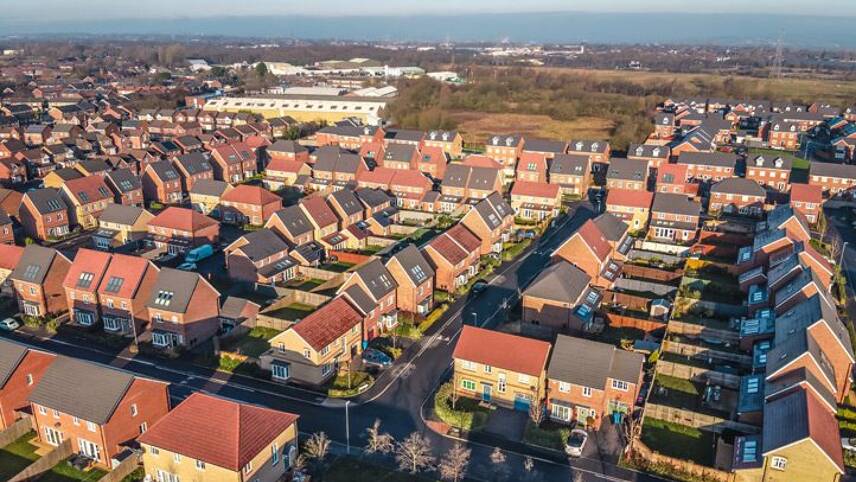Register for free and continue reading
Join our growing army of changemakers and get unlimited access to our premium content

BRE is working with BEIS on a new version of the Standard Assessment Procedure (SAP), which is used by the Government to assess and rate the energy performance of residential buildings. This methodology is also used to create the information on EPCs.
The new methodology – known as ‘SAP 11’ – will help to identify how new technologies such as heat pumps, renewables, smart controls and energy storage can be applied across residential dwellings.
BRE’s project director John Henderson said: “As the UK begins to escalate its net-zero initiatives, SAP 11 will be instrumental in the effort to decarbonise the nation’s existing housing stock and ensure the use of low-carbon heating in new homes.
“As the new methodology will improve EPC accuracy, energy efficiency measurements will be more reliable than ever. Effective assessment of energy performance is going to be absolutely central to our progress towards net zero.”
SAP 11 is expected to be developed for use in the Future Homes Standard, which is expected to be implemented by 2025 to ensure the UK’s housing stock can contribute to the net-zero trajectory.
Energy crisis
Earlier this year, The Government unveiled a new £179m investment drive to improve the energy efficiency of social housing, in a bid to reduce emissions and cut back on spiraling energy costs for households.
The £179m is being issued through the Government’s £3.8bn Social Housing Decarbonisation Fund and will attempt to increase the amount of social housing stock that meets the government’s threshold of EPC band C standard or higher.
The Government claims the new funding will help 20,000 social housing properties with an Energy Performance Certificate (EPC) rating of D or lower receive upgrades to improve their energy efficiency and reduce carbon emissions. Funding can be used to fit insulation, replace windows and install technologies like heat pumps and solar panels.
The funding forms part of a wider commitment to invest £6.6bn in government funding to decarbonise the built environment, with more than £2bn targeting lower-income households.
While these developments are welcome, concerns still persist as to the current energy crisis and how it is impact household spending.
Ofgem has announced the new energy price cap for average gas and electricity bills, meaning that the average home will see dual-fuel bills rise above £1,900. The changes will affect 22 million homes.
edie’s sister title, Utility Week, is reporting that the average UK home could see gas and electricity bills rising to £2,448 per year once this further increase is completed, based on current forecasts for wholesale gas prices. Ofgem is also planning to gain powers to update the price cap more regularly; at present, the updates can be made every six months.


Please login or Register to leave a comment.